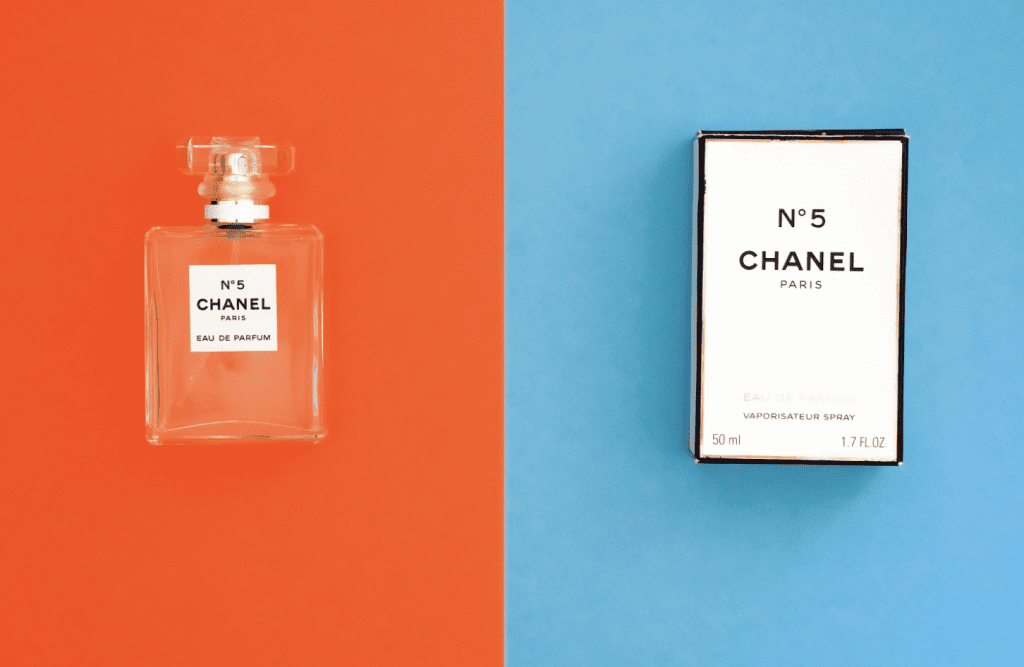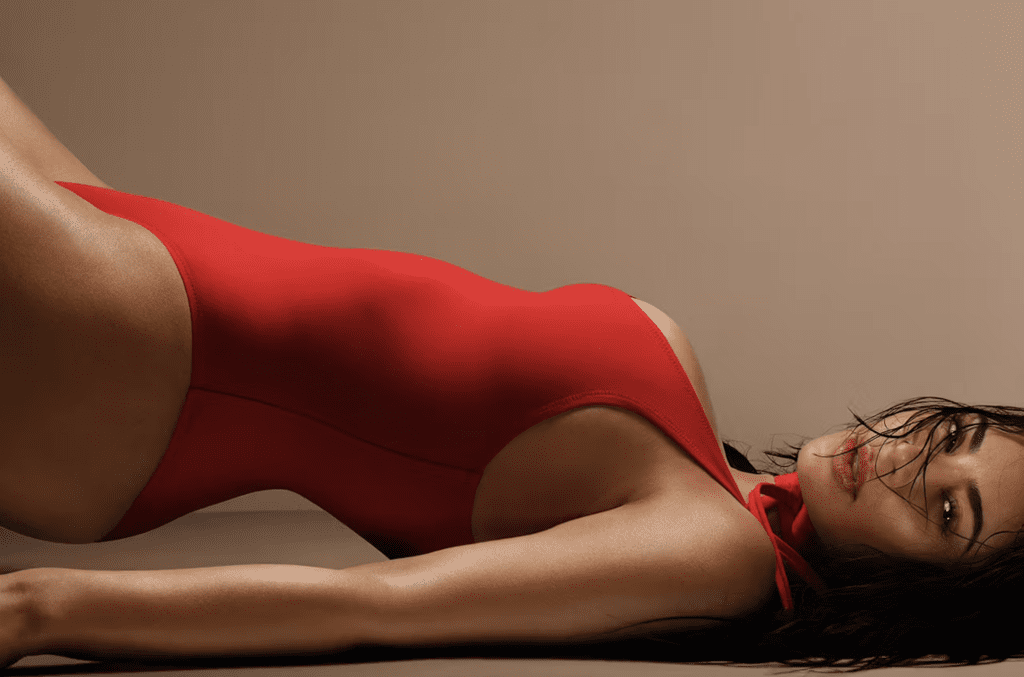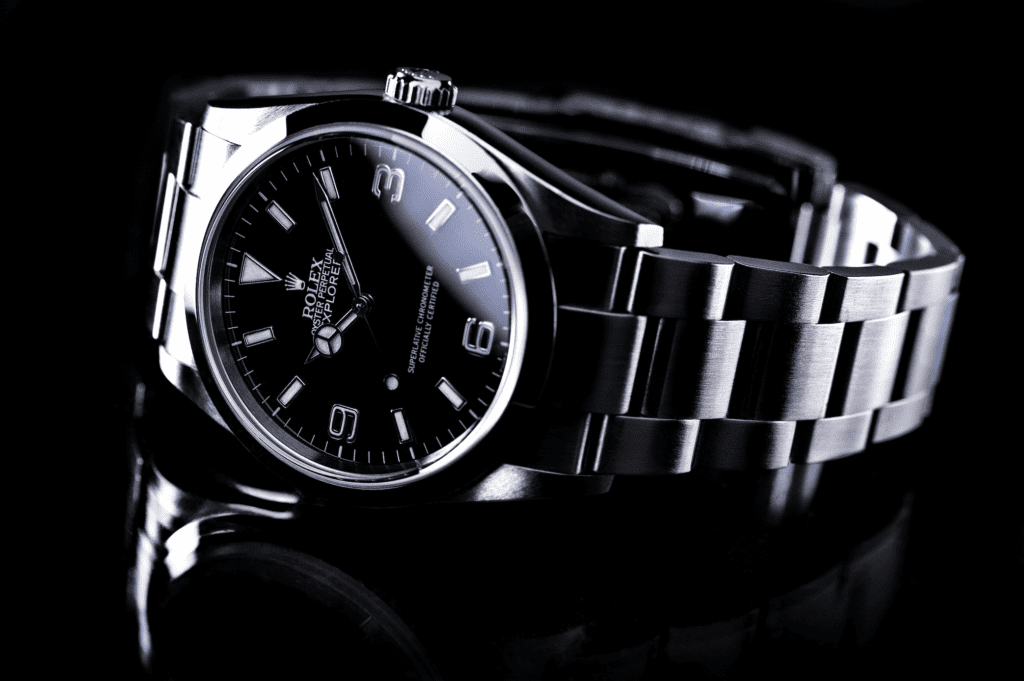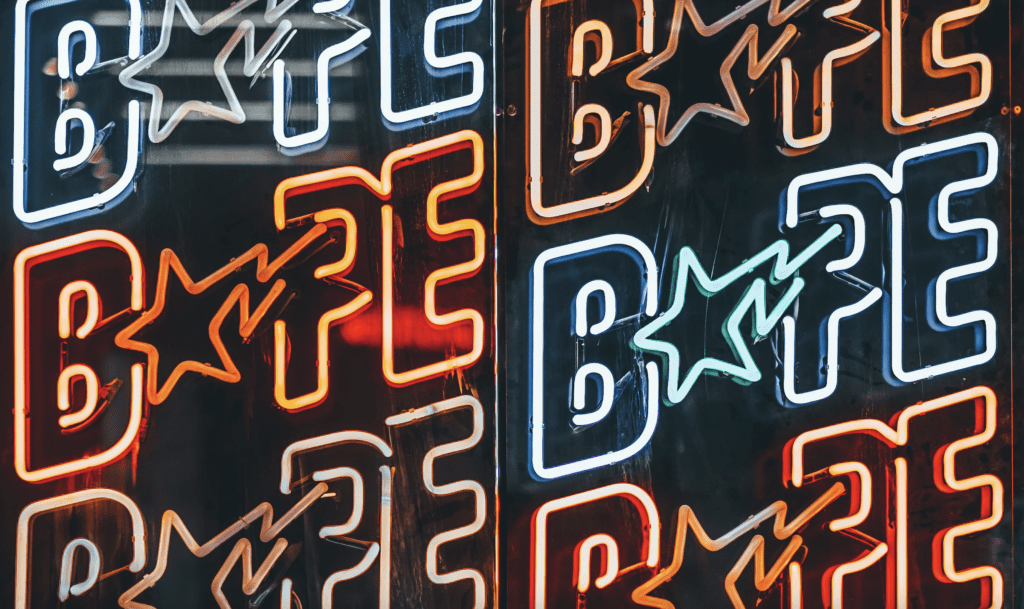Chanel has prevailed in a case over a third party’s sale of branded fragrance products, which it originally offered up to consumers as samples. The Commercial Chamber of the French Court of Cassation sided with Chanel in a decision dated December 6, following a partial win for Chanel from the Court of Appeal of Rennes in February 2020 and an appeal by French retailer Ouest SCS, which does business as Easy Cash. In its decision, the Court of Cassation held that Ouest and its principal, an individual identified as “Ms. [N],” infringed Chanel’s trademarks by offering up samples bearing Chanel’s marks without its authorization. Additionally, the Court of Cassation determined that Ouest ran afoul of the law by offering up the Chanel products without their original packaging.
In its appeal, Ouest made a number of pleas, namely, that the Court of Appeal erred in determining that: (1) Ouest infringed Chanel’s trademarks by reselling the Chanel samples; (2) Ouest’s sale of the Chanel products without their original packaging constitutes an alteration of the condition of these products; and (3) Ouest incurred tort liability by reselling Chanel brand products under “parasitic conditions.”
Sale of the Samples – The Court of Cassation (the “Court”) first turned its attention to the Court of Appeals’ finding that Ouest made illegal use of the Chanel trademarks by offering for sale four samples “that had not been placed in the [market] by Chanel.” Setting the stage here, the Court of Cassation stated that “the exclusive right of a trademark [holder] to consent to the placing on the market of a product bearing his trademark … is exhausted by the first marketing of this product with his consent.” (This is the basis of the trademark doctrine of exhaustion or the first sale doctrine in the U.S.)
Citing the Court of the Justice for the European Union (“CJEU”)’s 2001 decision in Zino Davidoff (C-414/99), the Court held that it is “the responsibility of the [party] who avails himself of the exhaustion [defense] to provide proof for each of the products concerned.” The Court also pointed to the CJEU’s decision in L’Oréal (C-324/09), in which it the held that the supply by a trademark holder of products that are “intended for demonstration to consumers in approved points of sale, as well as bottles bearing this mark, of which small quantities may be taken to be taken to be given to consumers as free samples,” does not constitute, in the absence of evidence to the contrary, a placing on the market for exhaustion purposes.
Against that background, the Court determined that the distribution of the free Chanel samples, even to Ms. [N], who alleged that she purchased the samples from an approved retailer in the Chanel distribution network, does not give rise to any exhaustion of the rights of the Chanel brand. As such, the Court found that Oest did, in fact, infringe Chanel’s rights under Article L. 713-4 of the Intellectual Property Code.
Sale Without the Original Packaging – Next, the Court took on the issue of whether the Court of Appeal was correct in finding that Oest ran afoul of the law by offering up the samples in packaging that differed from the original Chanel packaging. On this front, the Court prefaced by saying that even when a product is placed in the market by the trademark holder and thus, its rights are exhausted (which was not found to be the case here) the trademark holder maintains the right “to oppose any new act of marketing” such products if it can provide “legitimate reasons” for opposing the subsequent modification or alteration.
In the case of perfumes and cosmetic products, the Court stated that “any partial use of a product leads to its alteration,” and that a trademark holder like Chanel is justified in opposing such offerings that are “seriously detrimental to the image of the Chanel company and to the world of luxury and purity it conveys and that the company Chanel.”
Sale Under Parasitic Conditions – Finally, the Court considered Ouest’s plea that it should not incur tort liability as a result of its sale of the samples, despite the Court of Appeal’s finding that the sales were carried out in “parasitic conditions.” Swiftly doing away with this plea, the Court said that Ouest engaged in parasitic activity when its manager “invited potential customers to test the products at the authorized [Chanel] dealer located in the same gallery before returning to buy them in [the Easy Cash] shop where [they were] sold [for] cheaper.”
The Court noted that the Court of Appeal previously determined, among other things, that the marketing of products that were lawfully acquired from a party in Chanel’s selective distribution network does not, in itself, constitute a wrongful act, but that Ouest ran afoul of the law when it engaged in direct competition with the sale of new Chanel products, thereby, removing its ability to benefit from protections provided in connection with the resale of used products.
With the foregoing in mind, the Court rejected Ouest’s appeal in its entirety and order that the company, which was placed in compulsory liquidation at some point following the Court of Appeal’s decision, to pay the damages at issue.
The case is Chanel v. Ouest SCS, 20-18.653 (Court of Cassation, Commercial Chamber).











